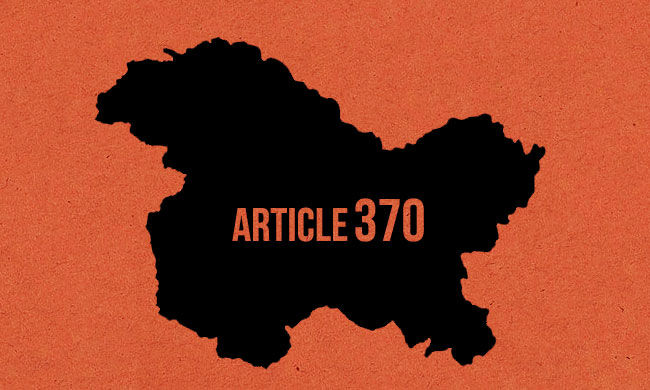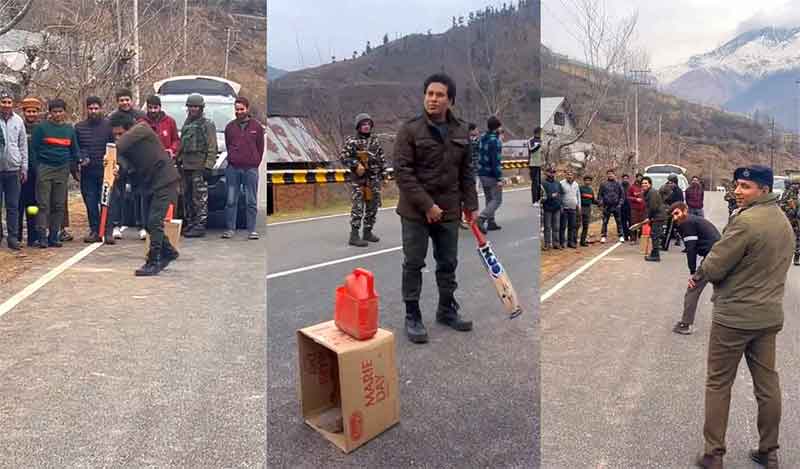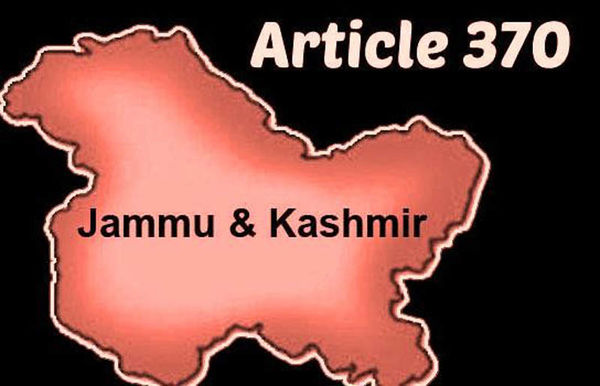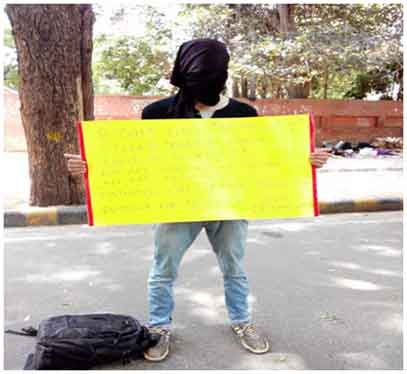
While Imran Khan’s recent speech in Kotli has caused quite a rouse in some political circles in Pakistan, most Kashmiris living across the Line of Control have again pinned their hopes that Pakistan will never back down in helping them to achieve their complete independence from both the countries.
Addressing a huge rally in ‘Azad Kashmir’ on the occasion of Kashmir Solidarity Day on February 5 that Pakistan had declared a national holiday a few decades ago, Prime Minister Imran Khan announced that ‘as soon as Kashmiris across the LOC reunite with Pakistan, they will be given the right to decide if they want to tie their future with Pakistan forever or they want to remain an independent state’.
The hawkish commentators on the Pakistani media expressed shock over the statement by saying that the Prime Minister has further weakened Pakistan’s position on Kashmir and has done more damage to Kashmir movement at a time when they are suffering miserably due to unimaginable violations of their human dignity and honour.
According to analysts, Imran Khan must have gone through his constitution that has proper mechanism laid out while dealing with the Kashmir issue. “He should have avoided such statement and realized that India took a unilateral decision of breaking up of the disputed state bringing it directly under Delhi administration. India has even threatened in the Parliament to invade Pakistan-administered Kashmir and integrate it with the rest of the country”. Pakistani commentators cited a few people living abroad whom India uses to create chaos in many parts of ‘Azad Kashmir’ and Gilgit Baltistan. In this regard, Disinfolab has revealed many anti-Pakistan projects of India for which people have been hired to represent Kashmir in International forums and denigrate Pakistan.
Some observers even hinted that Imran Khan has already compromised on Kashmir resulting in the 5th august 2019 decision of India. His statement has no relevance but to offer a lollipop to people to vote for him in local elections soon to be held in ‘Azad Kashmir’.
Since 5th august 2019, the news pouring out of Pakistan and its media is mostly blacked out in Jammu and Kashmir. Cable operators have been banned from airing Pakistani Channels, most of the time cable remains deactivated. Due to the strict surveillance of social media; people in the Valley have themselves avoided watching or commenting on news coming from Pakistan as many journalists have to face harassment or end in jails.
Imran’s announcement has raised the morale and the courage of people. Rayees, a local journalist says that “he came to Kotli to speak candidly on the political aspirations of Kashmir that helped in shutting the mouths of those few who consider Pakistan’s moral support as mere lip service and at times, disingenuous.
But, constitutional experts of Pakistan believe that Imran Khan did not speak against the norms of his constitution, which categorically says that after joining Pakistan, the Kashmiris will have the right to choose which path to take later. While interpreting Article 257 of the Constitution, experts add that after annexation, Kashmiris will have the right to decide whether they want to become another province or to acquire special status in the form of Pakistan-administered territory. “There is no mention of complete freedom and there is no such concept reflected anywhere in the Pakistani constitution. The third option was created by Indian agencies to suit them and create much confusion about the dispute”. Says Mr. Abid Hussain, a constitutional expert in Pakistan.
Looking back at the UN resolutions adopted in favour of Kashmir since 1948, more than a dozen such resolutions have given the right to choose for which a five-member team was formed. Since India and Pakistan were divided under the two-nation theory at that time, both were asserting their right over Jammu and Kashmir, the region, as a Muslim dominated, was supposed to annex with Pakistan which did not happen due to political intrigues. Because, Maharaja Hari Singh had expressed his desire to make it an independent state and remained in such status for a few weeks even though the uprising had earlier begun in Gilgit, Baltistan, and Poonch against the Dogra ruler.
Pandit Nehru had sent Lord Mountbatten to Kashmir for persuading Maharaja to join India while at the same time got released Kashmiri leader Sheikh Abdullah, who was the only voice of Kashmiris at the time and a close friend of Nehru who played an important role in annexation with India against the aspirations of his followers.
Historian Alastair Lamb writes in his book, ‘Kashmir: A disputed legacy’ that ‘British imperialism had made it clear in its Independence Act that while Muslim territories would become part of Pakistan and Hindu territories would become part of India, more than 563 princely states were entitled to annex with one of the countries or were free to remain independent. Kashmir was one of the princely states but its population had risen against the Hindu ruler and wanted to be part of Pakistan which was prevented by the political machinations of Nehru, Patel, and Abdullah.
‘In reality, Indian leaders, along with Mountbatten, rejected the essence of the independence act and forced Maharaja Hari Singh to reverse his decision of remaining independent’.
Mohd Zubair, (name changed) Indian Constitutionalist says that ‘after the signing of the instrument of accession followed by the incorporation of Art 370 in the Indian constitution, this article 370 was temporary because UN resolutions had given the right to Kashmiris to choose their political future which if had happened, the art 370 would have to be scrapped in case people voted to stay with Pakistan. This article was made subject to UN resolutions and not for the forcible integration with India so the connotation ‘temporary’ was only confined to that context. The new narrative created by the BJP government in India is baseless and unconstitutional so far as the political rights of Kashmiris under the UN charter are to be taken into consideration. Kashmiris have been betrayed’.
India has not only repealed Art 370 and made a mockery of the Instrument of the accession by its false mantra of total integration, but by removing the special status of this disputed region, it has trashed the UN resolutions also which were only passed at the request of the Indian government.
To the astonishment of the people, the United Nations has not so far issued a single statement in this regard or warn India for its unilateral decision. Neither has Kashmiris mobilized the international community for undermining their institution. This needs serious consideration because it casts doubt on a global body that can be construed as taking sides with oppressive regimes in the Subcontinent.
The Pakistani Prime Minister might have won the hearts of Kashmiris by talking about their political rights but at the same time, he forgot that the ‘right to choose’ comes only after getting the whole Jammu and Kashmir under his authority. That seems a distant dream only.
It would have been appropriate if India had been forced to reverse the decision of August 5, 2019. If Jammu and Kashmir had been brought back to pre- 1947 position, the United Nations had been made bound by its promise to hold a referendum in the region and the people had been given the right to decide their future. Then, one could think if Kashmir wants to be one of the provinces of Pakistan or stay as an independent state.
Obviously, national issues need skills, intellectuals, policymakers, and political scientists who help in preparing a vision for a comprehensive strategy. That is then submitted to the political institutions of the country, including the Prime Minister. They are supposed to make sense of the ‘sensitivity and delicacy’ of the national issues. Only, then it becomes easy to get the support of the world powers. Empty words and emotional talks only create confusion among people who have been left skin off.
The appropriate timing, the intensive strategy, and the relevant information make it easier for the International community to understand this conflict in its historical perspective that has been declared one of the complex issues of the world. Every bad move so far has helped India that tends to twist every small blunder of another side in International forums.
Nayeema Ahmad Mahjoor is an ex-editor of BBC and author of ‘lost in terror’.
GET COUNTERCURRENTS DAILY NEWSLETTER STRAIGHT TO YOUR INBOX














































